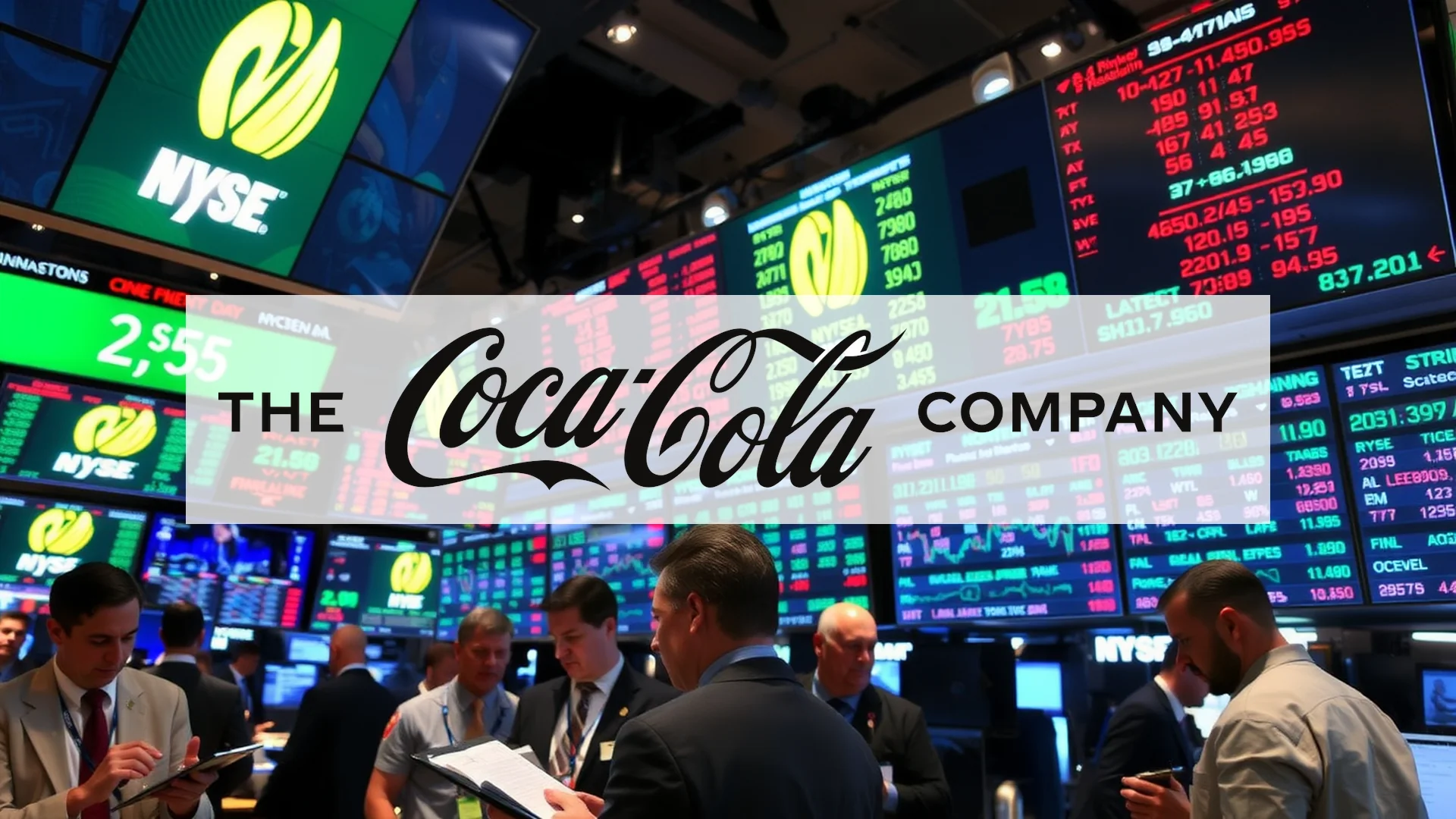Coca-Cola has long been a cornerstone of conservative investment portfolios, but the beverage titan is now shifting into a more assertive growth phase. A high-profile sponsorship agreement and a deliberate product revival strategy are central to this push. However, this forward momentum is tempered by a looming legal challenge in a crucial international market, prompting investors to weigh the potential rewards against the risks.
Nostalgia-Driven Product Revival
Beyond the sports arena, Coca-Cola’s management is tapping into consumer sentiment and brand heritage. A key element of this approach involves bringing back beloved beverages. Reports confirm that “Diet Cherry Coke” is making a permanent return to North American shelves. Furthermore, the company plans to reintroduce the classic “Mr. Pibb” in 2026, positioning it to compete more aggressively in the spicy cherry soda segment.
This strategy is straightforward yet effective, focusing on several core objectives:
* Leveraging Brand Loyalty: The return of familiar flavors is designed to re-engage customers and strengthen emotional connections to the brand.
* Combating Private Labels: By emphasizing unique taste profiles, Coca-Cola aims to create a clear distinction from the cheaper store-brand alternatives found in supermarkets.
* Volume-Driven Growth: The company is seeking to fuel its expansion more through increased sales volume, moving beyond a reliance on price hikes alone.
Major Sports Sponsorship Secured
In a significant move for its marketing division, the corporation has secured a prestigious partnership with the English football club, Chelsea FC. Confirmed on Monday, this long-term deal grants Coca-Cola exclusive pouring rights at Stamford Bridge stadium. The arrangement extends far beyond simple beverage sales, offering immense brand visibility across the UK and European markets.
Should investors sell immediately? Or is it worth buying Coca-Cola?
From a strategic standpoint, this play is intended to solidify Coca-Cola’s dominance in the intensely competitive field of sports sponsorships. Notably, the focus will be on promoting the Zero-Sugar product line and engaging with both the men’s and women’s teams to capture a broad demographic.
Legal Hurdles Emerge in Key Market
Despite these proactive initiatives, a cloud of uncertainty has formed over Mexico, one of the company’s most vital global markets. The Mexican Supreme Court has decided to reopen a tax dispute involving Coca-Cola FEMSA, the leading bottling partner in the region. Although this legal challenge primarily affects the independent bottler, any adverse rulings could negatively impact market sentiment. This situation serves as a reminder that even established “Dividend Kings” face tangible regulatory risks in their international operations.
Market Confidence Holds Steady
Wall Street’s outlook remains predominantly positive, even with the legal concerns in Mexico. The underlying confidence in the company’s fundamentals is underscored by recent activity from major financial institutions, including Rothschild, which have increased their holdings.
Coca-Cola’s share performance reflects this stability. While the stock experienced a slight pullback in recent trading, its current price of 62.94 Euro demonstrates resilience, keeping it in close range of its annual highs. The company is clearly not resting on its laurels. Its dual strategy of aggressive sports marketing and strategic product line refreshes appears well-positioned for success, provided the tax issue in Mexico does not escalate.
Ad
Coca-Cola Stock: Buy or Sell?! New Coca-Cola Analysis from February 7 delivers the answer:
The latest Coca-Cola figures speak for themselves: Urgent action needed for Coca-Cola investors. Is it worth buying or should you sell? Find out what to do now in the current free analysis from February 7.
Coca-Cola: Buy or sell? Read more here...










